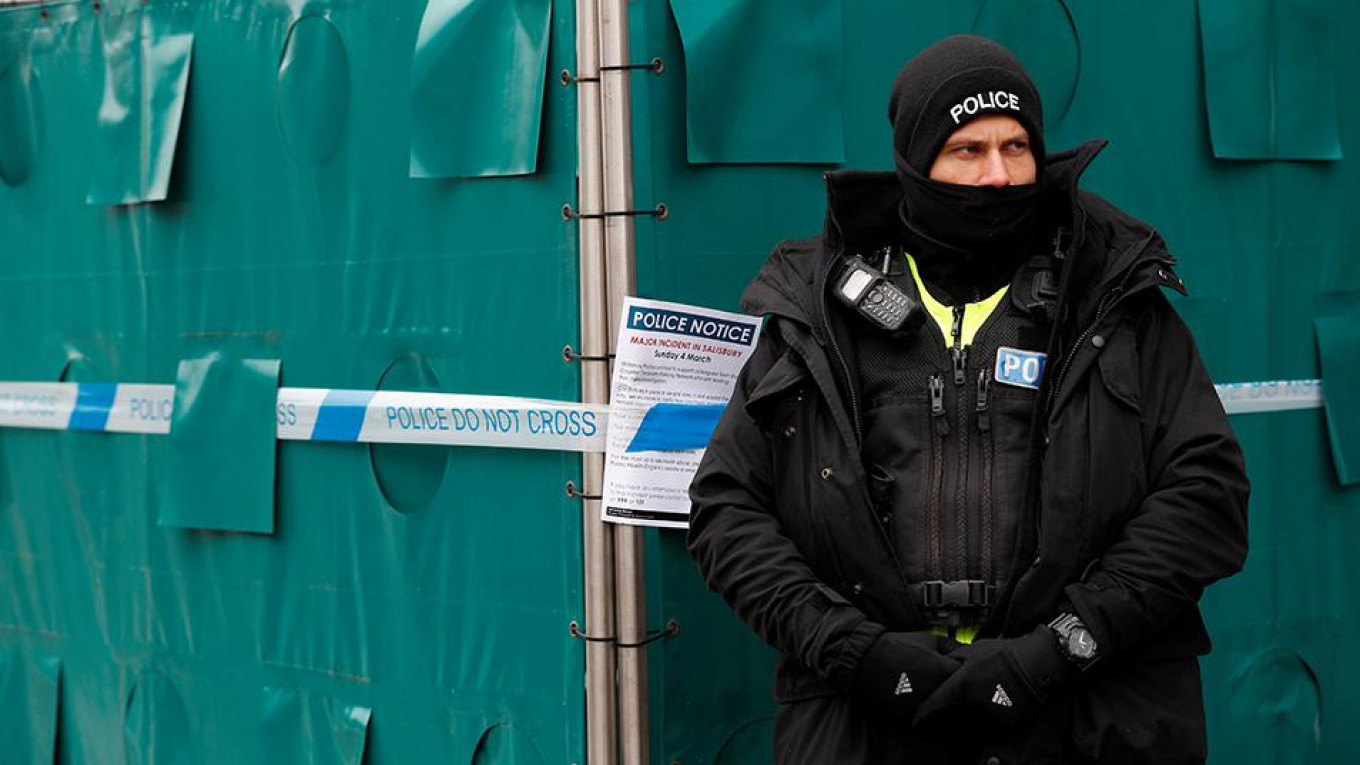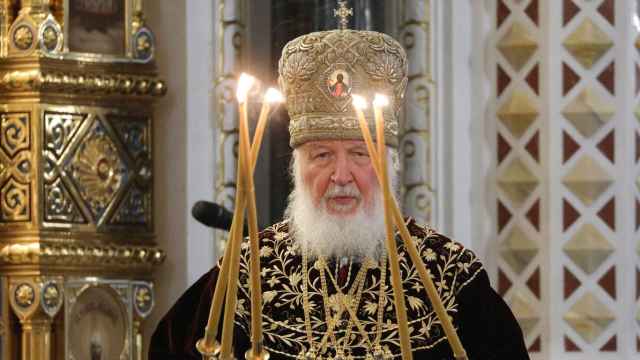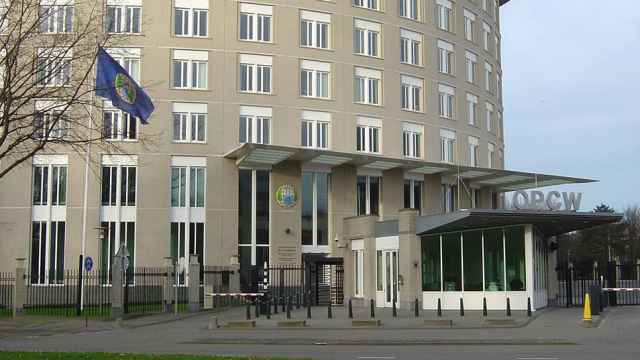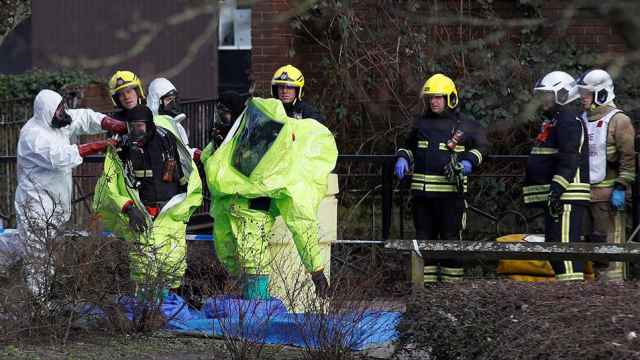The French, German and wider European Union leaders backed Britain on Thursday in blaming Moscow over a nerve agent attack on a former Russian spy in England.
British Prime Minister Theresa May has sought EU-wide support against Russia for the March 4 poisoning of former double agent Sergei Skripal and his daughter Yulia in Salisbury this month. In the early days after the attack, May won the support of French President Emmanuel Macron, German Chancellor Merkel and U.S. President Donald Trump when they said they shared Britain's assessment of Russian culpability.
In a joint summit statement Thursday, the 28 leaders said the EU “agrees with the United Kingdom government’s assessment that it is highly likely that the Russian Federation is responsible and that there is no plausible alternative explanation.”
After talks that ran into the early hours of Friday, German Chancellor Angela Merkel raised the prospect of coordinating the EU for further punitive measures against Russia in response to the attack.
"We are determined to react together, with the language we used here, but also possibly through additional measures," Merkel said at the end of the first day of the summit.
May, who used a dinner with EU leaders to call on all governments to confront Russia, welcomed the support.
“The threat that Russia poses respects no borders,” she told reporters. “This is about us standing together to uphold our values.”
The EU announced Friday that it would recall its envoy to Moscow for consultations.
Reuters contributed reporting to this article.
A Message from The Moscow Times:
Dear readers,
We are facing unprecedented challenges. Russia's Prosecutor General's Office has designated The Moscow Times as an "undesirable" organization, criminalizing our work and putting our staff at risk of prosecution. This follows our earlier unjust labeling as a "foreign agent."
These actions are direct attempts to silence independent journalism in Russia. The authorities claim our work "discredits the decisions of the Russian leadership." We see things differently: we strive to provide accurate, unbiased reporting on Russia.
We, the journalists of The Moscow Times, refuse to be silenced. But to continue our work, we need your help.
Your support, no matter how small, makes a world of difference. If you can, please support us monthly starting from just $2. It's quick to set up, and every contribution makes a significant impact.
By supporting The Moscow Times, you're defending open, independent journalism in the face of repression. Thank you for standing with us.
Remind me later.






